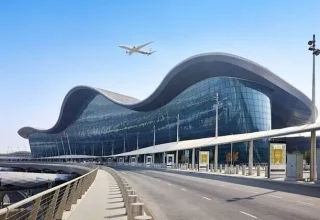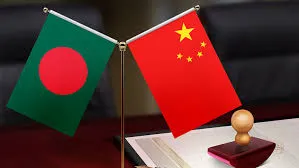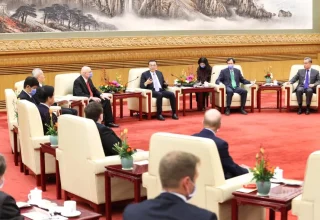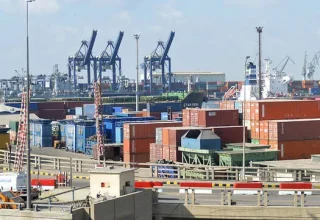
Islamabad is gearing up for the arrival of the International Monetary Fund (IMF) review mission on September 25, with officials confirming that Pakistan has already fulfilled most of the 51 conditions tied to the $7 billion loan program.
According to official documents, Pakistan has successfully implemented several major IMF requirements. These include the adjustment of gas tariffs on a six-monthly basis, the elimination of tax exemptions, and the unconditional transfer of funds to beneficiaries under the Kafalat program.
The government also ensured that the 2025–26 budget was passed in line with IMF guidelines, reflecting the broader fiscal adjustments agreed under the loan package.
While significant progress has been made, work continues on several outstanding IMF conditions. These include policy actions for the privatization of power distribution companies (DISCOs) and other structural reforms.
The IMF had originally set deadlines for July and later August, but some commitments have yet to be completed.
Conditions not yet met
Several targets remain unfulfilled. The Federal Board of Revenue (FBR) missed its annual tax collection goal, falling short in areas such as the Tajir Dost scheme, where Rs 50 billion was expected but not achieved.
Similarly, the condition to amend laws of ten government-owned enterprises has not been met, and the provincial governments failed to generate the required Rs 1.2 trillion cash surplus.
Another key shortfall relates to the action plan on governance and corruption assessment, which is unlikely to be completed before the mission’s arrival.
Despite the IMF’s broader condition of avoiding new tax exemptions, the government allowed a waiver on sugar imports. Officials clarified that this exemption was granted with the Fund’s approval, ensuring compliance with the loan agreement.













































